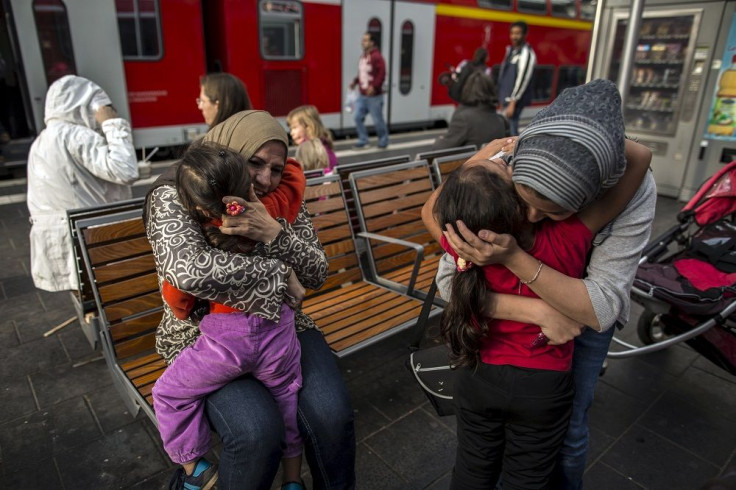Jobs for refugees in Australia: Research reveals humanitarian migrants’ entrance into employment

New research has found that refugees’ job prospects improve the longer they stay in Australia. However, the job they find may not necessarily be in their chosen profession as some get opportunities for low-skilled occupations.
The most common jobs among humanitarian migrants are labouring (37 percent at wave 1, 36 percent at wave 2, and 42 percent at wave 3). Technicians/trades (29 percent, 26 percent and 22 percent) follow.
Based on previous Australian research, there are niches where humanitarian migrants tend to find employment. These are cleaning, aged care, meat processing, taxi driving, security and building.
A new study titled “Building a New Life in Australia” followed the journey of about 2,400 humanitarian migrants, including refugees and asylum seekers. They come from 35 countries and speak about 50 languages.
The majority of participants had been in the country for just a few months during the first interview. Over 80 percent of them found it challenging to get hired for work. But humanitarian migrants’ employment is expected to gradually increase the longer they stay here.
Looking for a job can be a struggle for several humanitarian migrants. Thirty six percent of men were in paid work at wave three. For women, employment rate was at 8 percent as most females take charge of family and caring responsibilities in the early years of settlement.
The research also found that many humanitarian migrants still struggle to get a job in Australia commensurate with their previous skills and qualifications. Australia is not the only resettlement country facing this issue, as it is also a problem in Canada and Sweden.
Some barriers to employment include lack of Australian experience. Also, discrimination against certain ethnic groups remains. For instance, African and Middle Eastern refugees had poorer employment outcomes than ex-Yugoslavs, according to research. They have similar levels of knowledge, skills and qualifications.
Another factor linked to employment is English proficiency. Those with better understanding of the language were much more likely to get a job.
Their English language proficiency improved as migrants stay longer in Australia. Almost 37 percent of participants said they could not understand English before they arrived here. The proportion who could not understand English decreased to 22 percent at Wave 1, was 15 percent at Wave 2 and 11 percent at Wave 3.
The Australian government is piloting the Careers Pathways Pilot for Humanitarian Entrants. Recently, a new Humanitarian Settlement Program has been launched.
VICE News/YouTube






